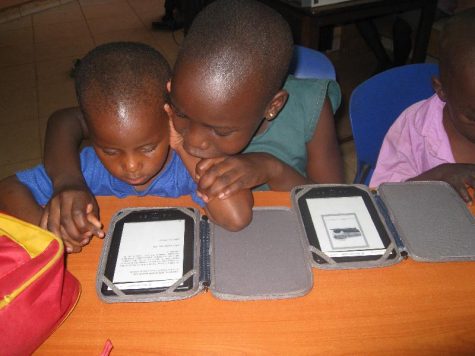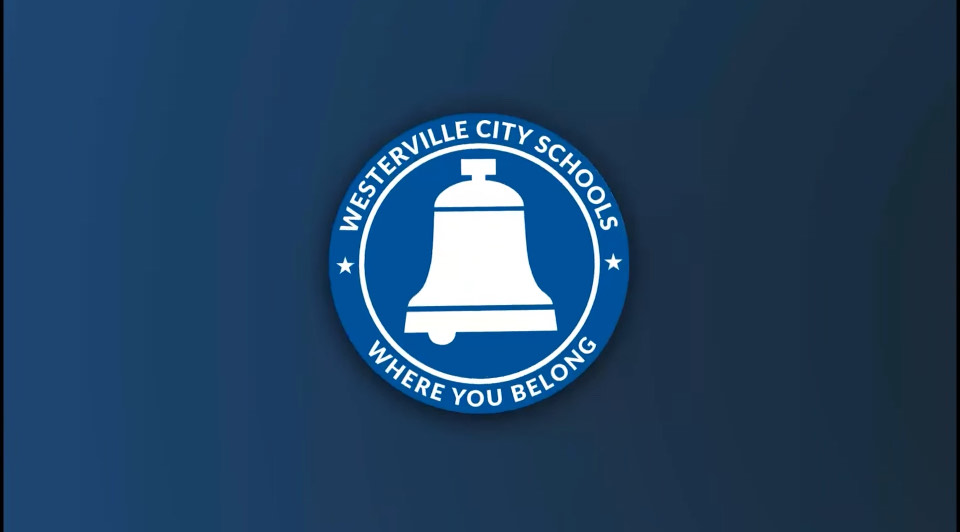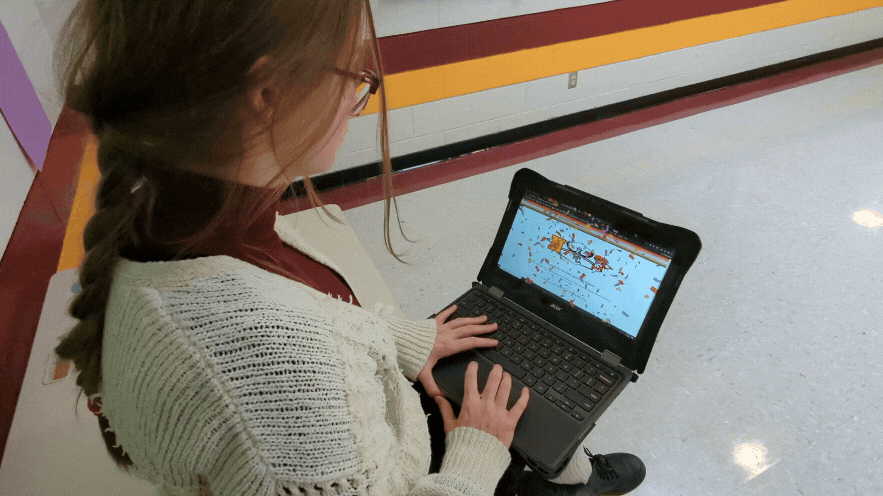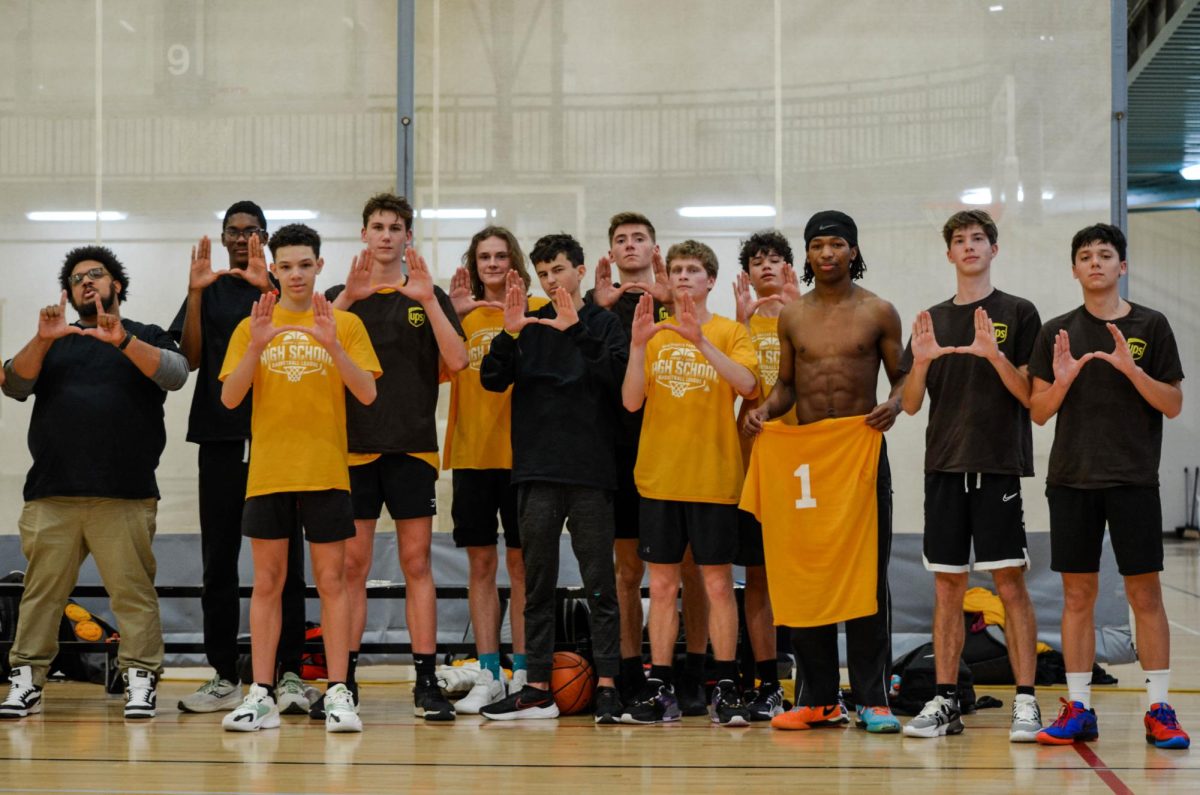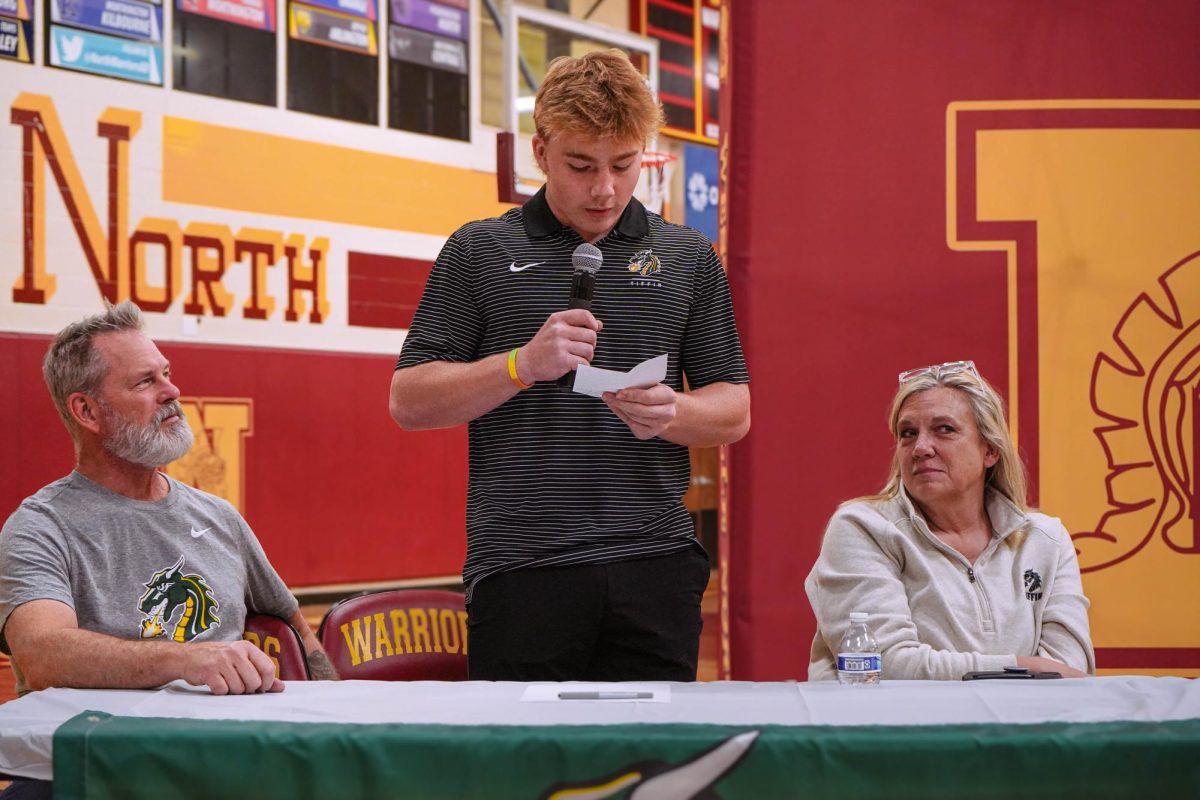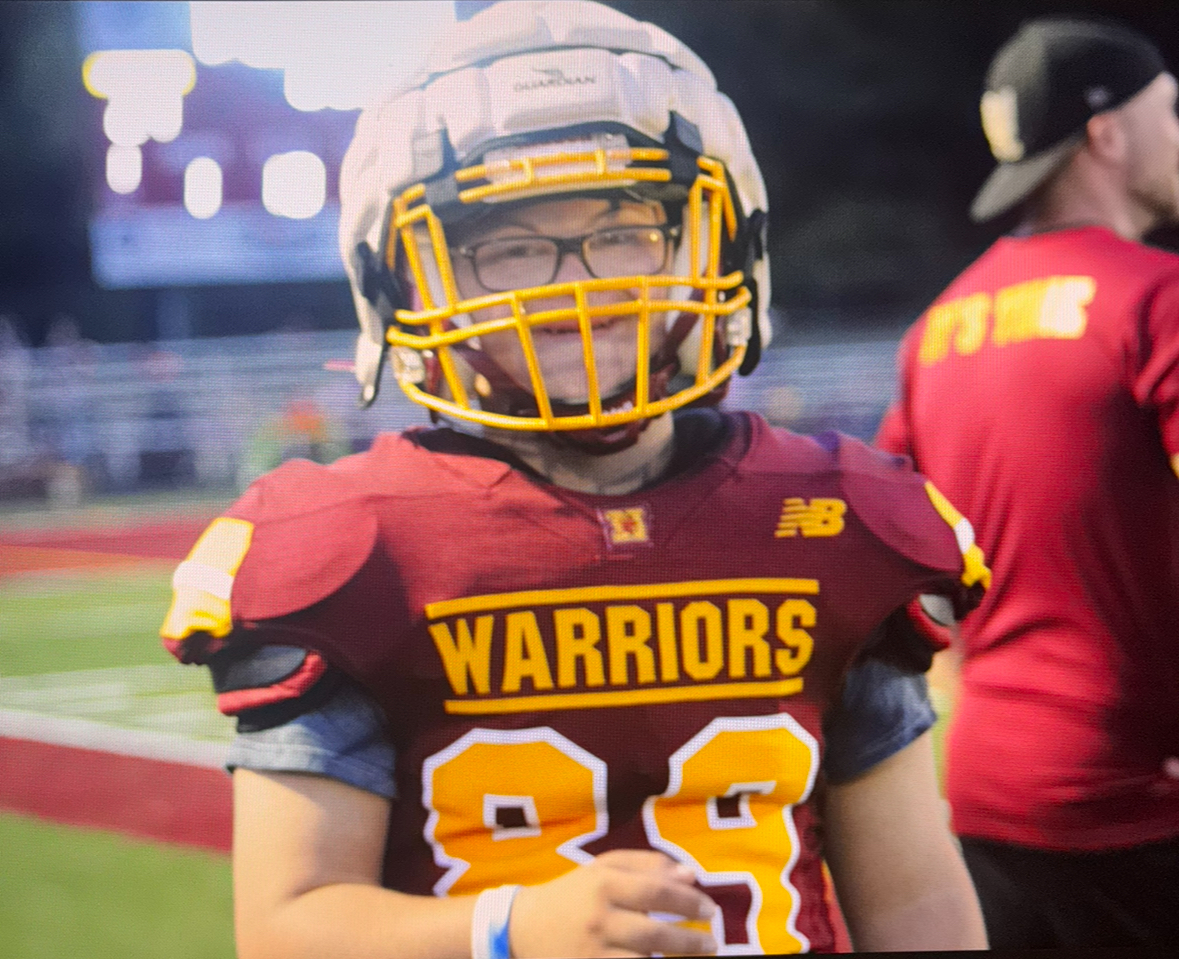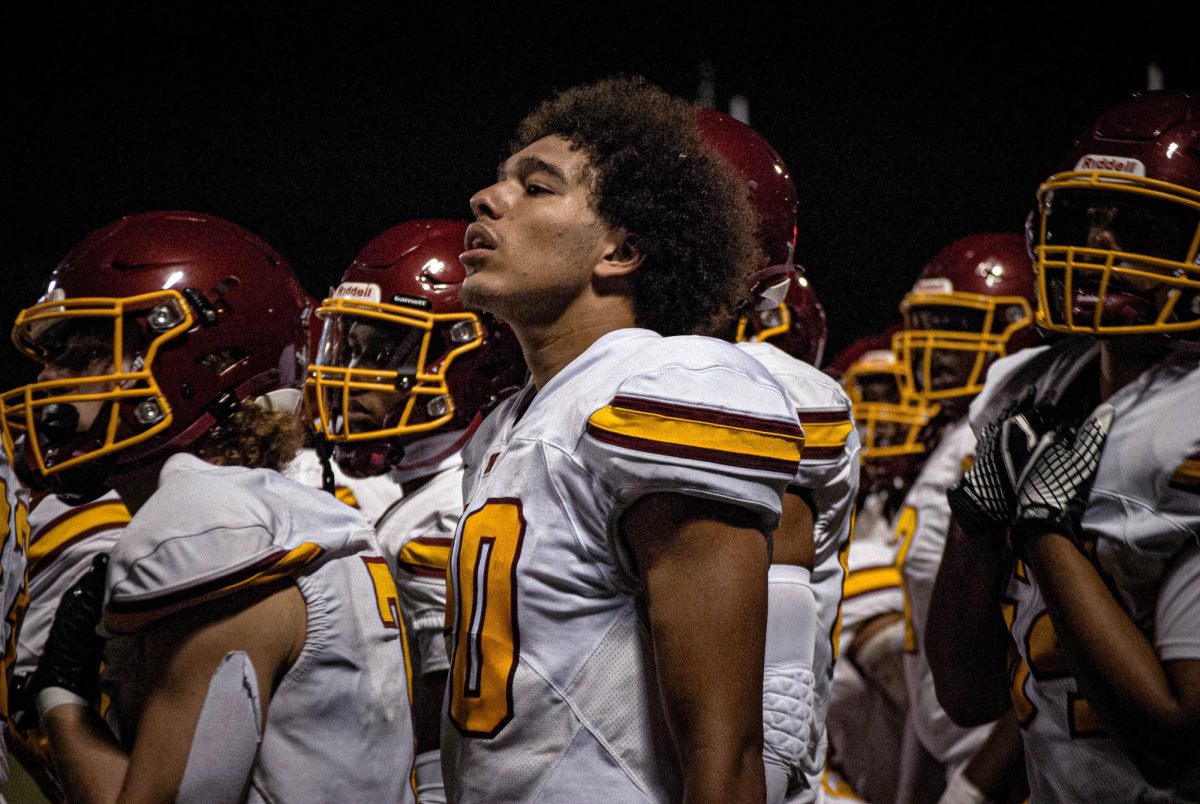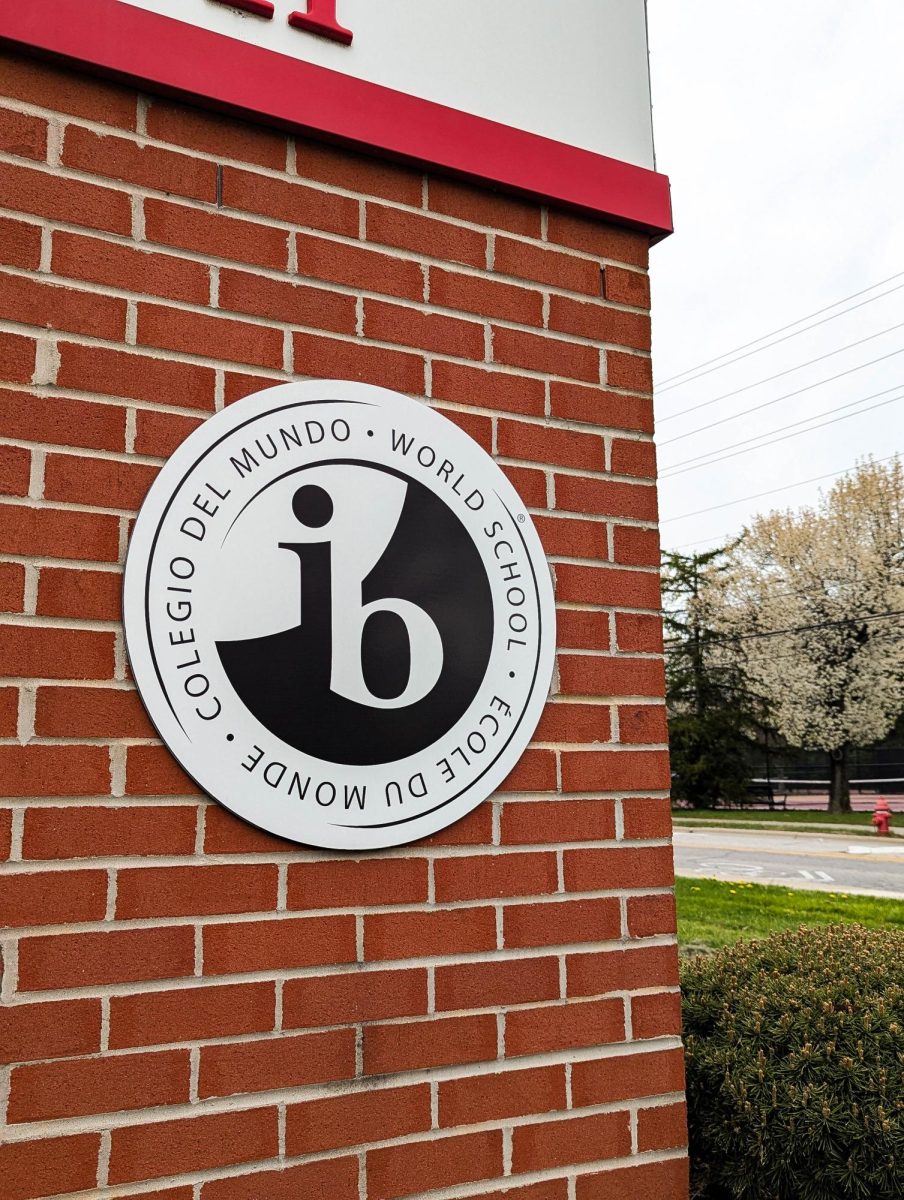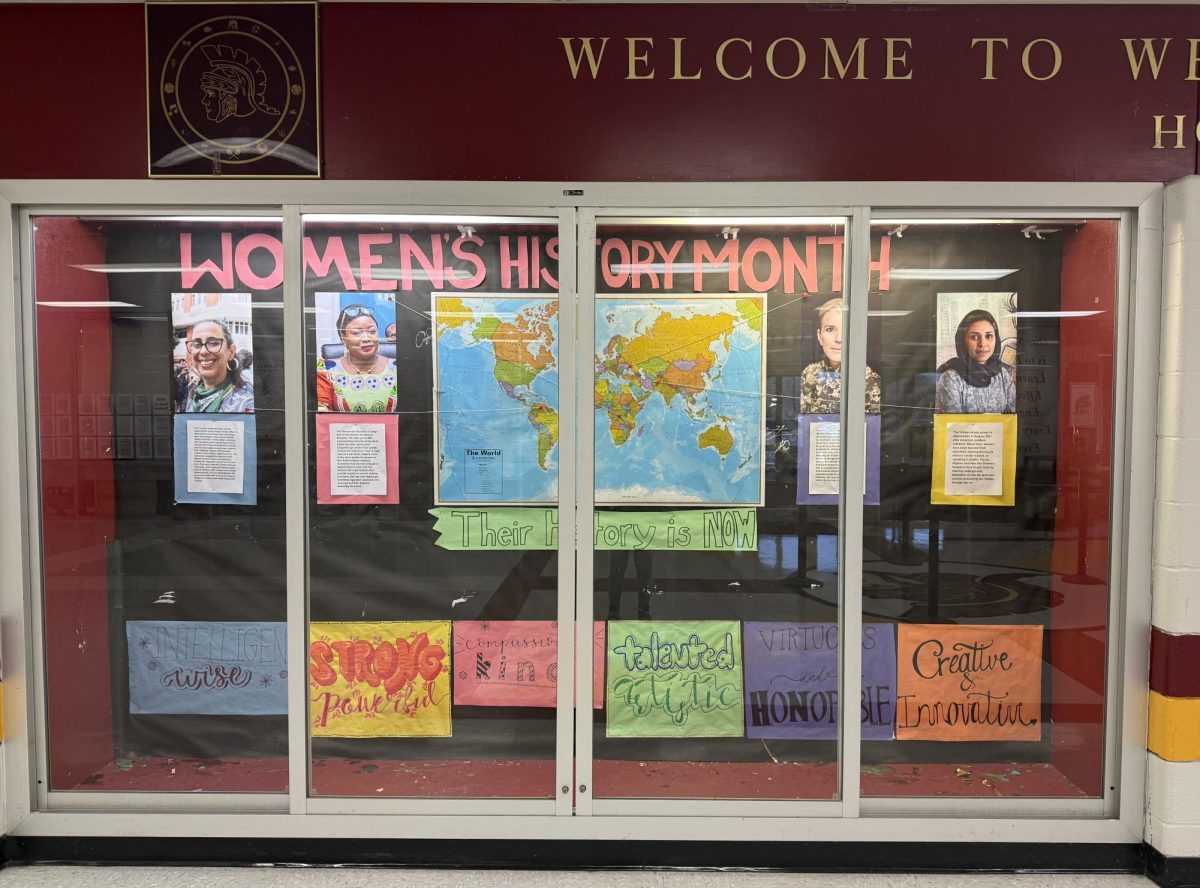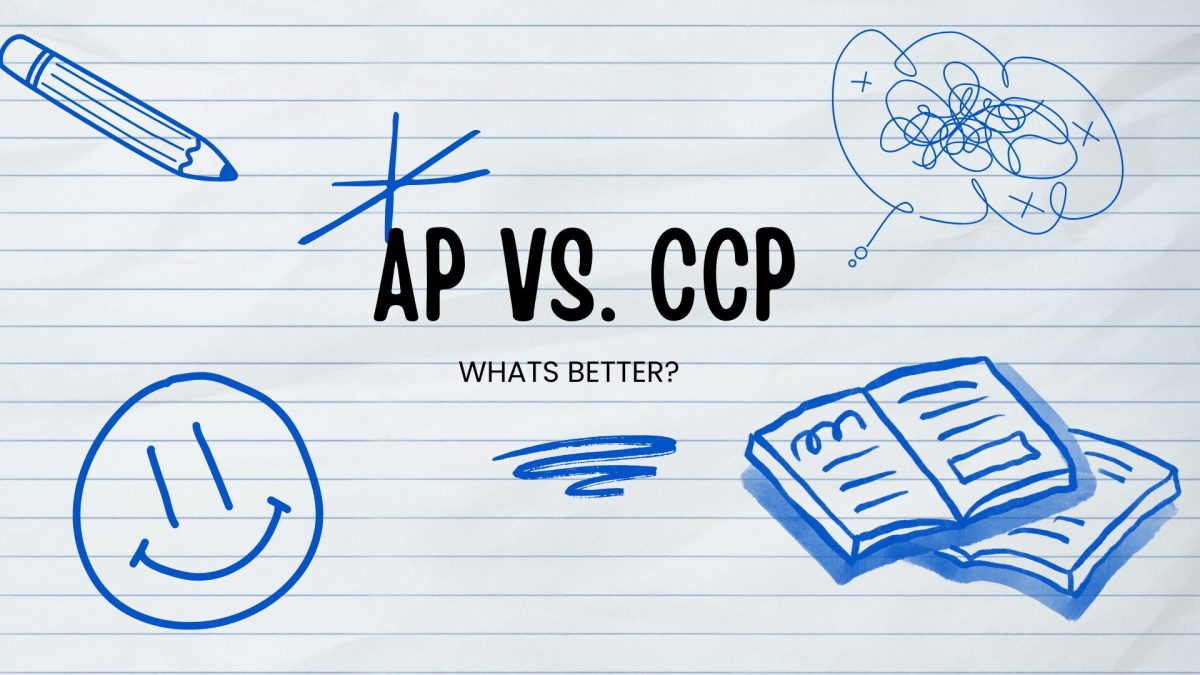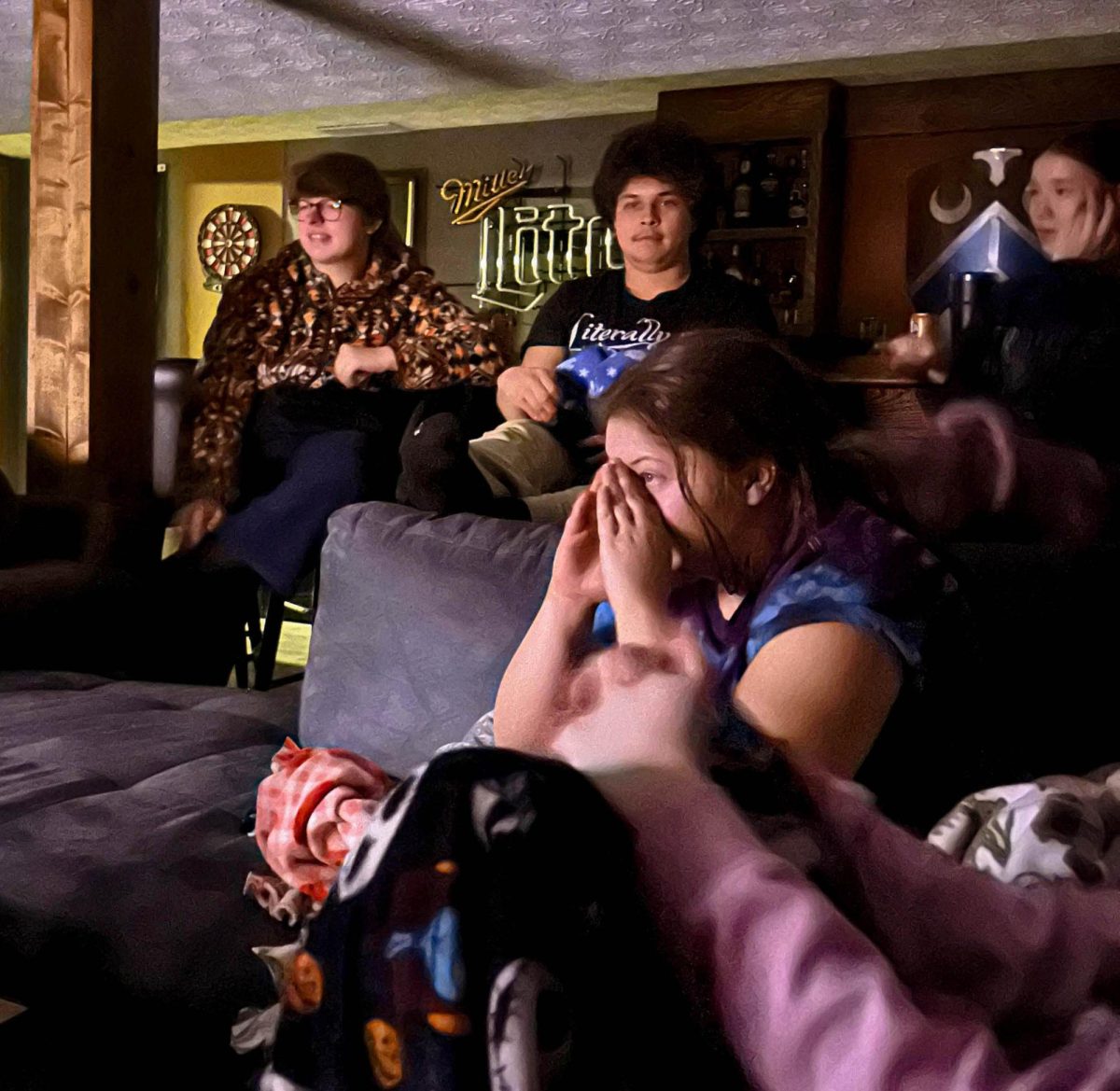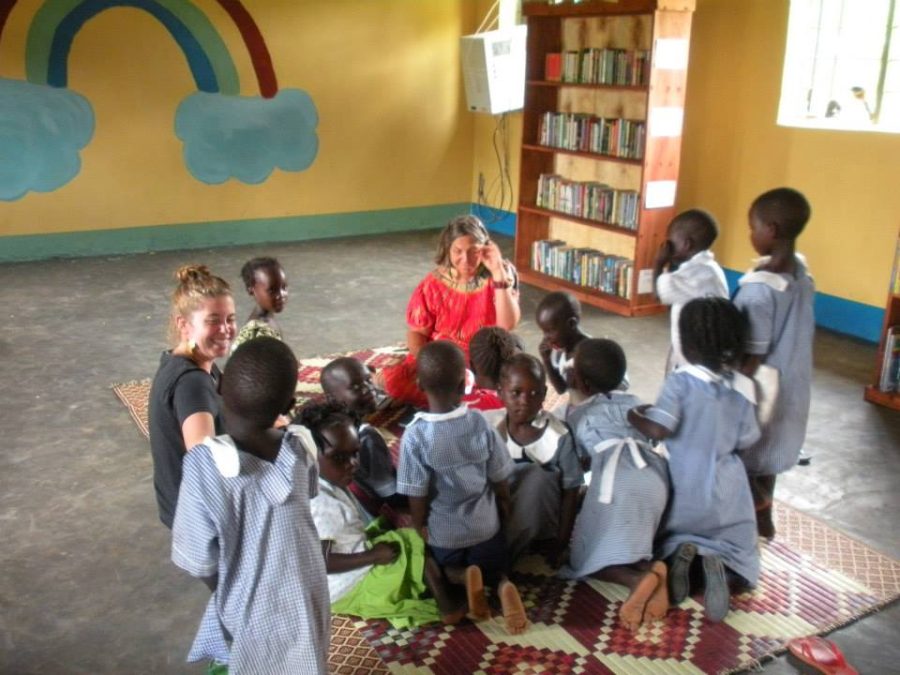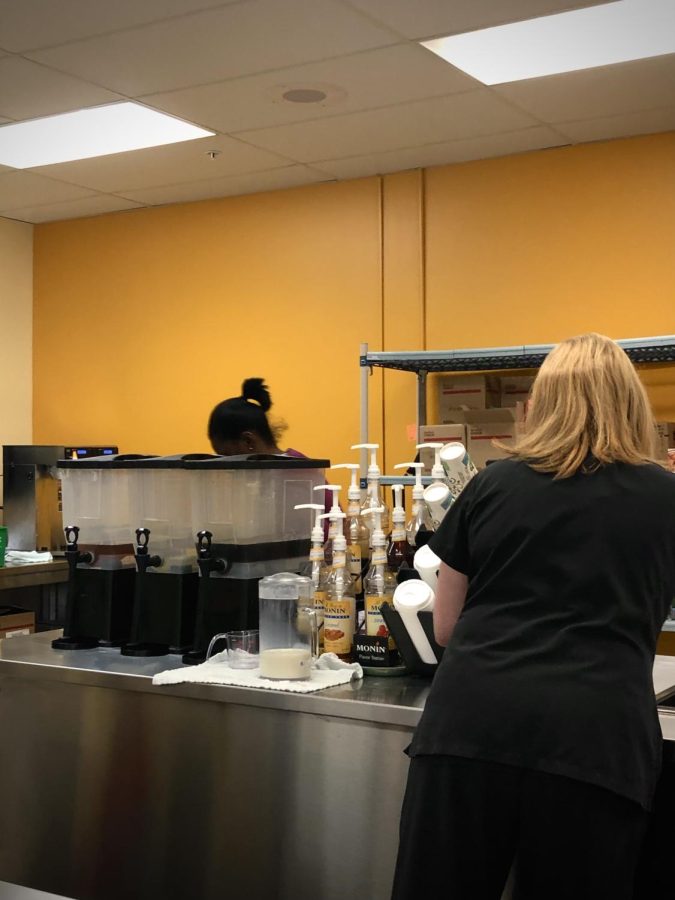Since the COVID-19 pandemic arose in 2020, schools in Uganda were shut down for more than two years. Lacking the technology that allows other countries to stay afloat during this difficult time, every student in Uganda was sent home for 28 months. However, when schools were finally allowed to reopen, one-third of students – predominantly young girls – weren’t able to return to continue their academic endeavors. The problem is rooted in menstruation, hygiene, and issues surrounding the time a girl hits puberty. For a multitude of reasons, this underlying issue is one unique to Uganda.
Diane Ross, a professor at Otterbein University, has taught middle childhood education and multicultural education for 21 years. Apart from teaching, Ross has paved a path of change through her unique experiences and relationships with people across the world from all walks of life. Her journey began when she first started teaching at a Peace Institute in Switzerland, Austria, and Turkey helping students from all over the globe get their masters in Peace and Social Justice. One of those students was a young man from Uganda whose thesis was on Gender Equity in Uganda, and it was this connection that led Ross to create the non-profit called FOYA Uganda (Forum for Youth Advocacy).
“[FOYA Uganda] does not come from some desire to help Africans, I’m not like we have to go fix Africa because it’s broken. [FOYA Uganda] came out of a desire of how to create, how to encourage teachers to be more socially just,” Ross said.
A large aspect of FOYA Uganda is centered around women’s education and creating avenues for girls to learn despite the stigma behind menstruation. Ross’s team at FOYA Uganda brings washable pads to the girls so that they can continue going to school as opposed to staying at home because of the insufficiency of feminine products needed to stay in school.
With the help of Ross’s team and their partnership with other non-profit organizations and people on the ground in Uganda, the group has figured out a way to keep girls in school as well as keep menstruation discreet.
Menstruation isn’t the only issue that keeps girls from attending school, especially in the wake of the pandemic. Ross explains how Uganda is a patriarchal society and how a lack of money can lead to girls being sold to become brides.
“The country is a patriarchy, so that means the man rules the family and has multiple wives… There is a bride price in Uganda. So a man pays for a woman, and they pay for [a bride] often in cows, or goats, or sheep… A daughter is often sold to a man so the family can sustain feeding the kids at home,” Ross said.
Another layer on top of the already difficult circumstances is the issue of whether girls who are pregnant should be able to return to school.
“The Catholic Church, which is a strong entity in Uganda, believes that girls who get pregnant should never be allowed back in school,” Ross said.
This is a familiar idea in Uganda, and many women and girls are taught to believe that they will be nothing more than that of a bride. However, Doreen Alumaya defied the odds.
Doreen Alumaya is a current student at University of North Carolina at the Gillings School of Public Health, the second best public health school in America. Alumaya grew up in the West Nile Region of Uganda and was raised by her dad and step-mother. Alumaya was told she would never be more than a prostitute in Uganda, yet she knew she always wanted a career that would help people and change the world we live in. This is why she continually made the two-mile trek to school each and every day. Alumaya says that menstruation does affect education for girls, but it doesn’t have to hold them back completely.
“Menstruation can hold girls back. But they can still go to school like their male counterparts who don’t have biological barriers” Alumaya said.
Alumaya adds that it is a big deal for girls to go to school in Uganda.
“My dad has a saying, ‘If you educate a girl, you educate a nation’,” Alumaya said.
For Alumaya, this saying came true. Alumaya began working alongside Diane Ross in her exploration to help women’s education. After Alumaya finished schooling in Uganda, Ross brought her back to Otterbein, where her success story blossomed further and led her to ultimately receive a degree that could change a nation.
“When I look at [Doreen] everything I’ve done for 10 years is reflected back. She is the result. One young woman who is getting educated to go back and make a difference in her country,” Ross said.
While Alumaya’s educational journey resulted in a beautiful promise to change lives in Uganda, stories like hers are few and far between. So what can we do in a place like Westerville, Ohio, so far from Uganda, that would make a positive impact on women’s education?
Brandon Allen, the Global Scholars advisor for Westerville North, says it is immensely important to have a global perspective and Global Scholars does just that. Global Scholars is a program designed through online modules to allow students to gain knowledge of the world from their own home.
“Knowing as much as you can about different cultures, different perspectives, different social norms, and different cultural norms is immensely important and powerful as it will prepare you for both your personal and professional life,” Allen said.
Ross and Alumaya say something similar. To them, while it would help, it’s not so much about giving money and resources to schools, rather it’s about learning people’s stories.
“First we need to educate ourselves. We need to have a global education for ourselves and not look at it from a perspective of let’s go save them. Instead, how can we learn from each other?” Alumaya said.
“Their stories are ones that change people. Having those stories, reading those stories, getting the messages out – all these girls want is to be known. They love the fact that people in Ohio know about their life and that they are not invisible,” Ross said.
